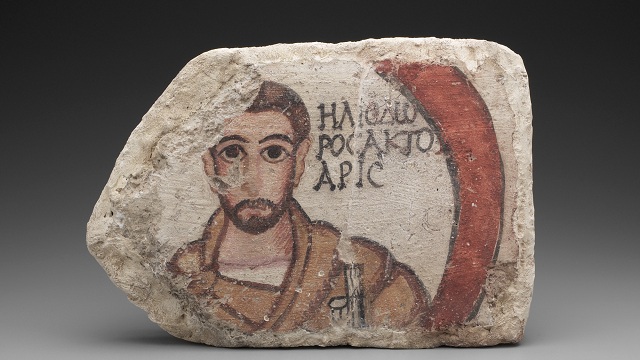The killing of Troy Davis

The state of Georgia just killed Troy Davis. Which is to say, a number of individual human beings acting under the imagined authority of the state of Georgia killed Troy Davis. They strapped him to a gurney, injected him with a lethal chemical, and he died from it. Davis was convicted of murdering Mark MacPhail, an off-duty cop working as a security guard in Savannah. Somebody murdered Mark MacPhail. I don’t know if it was Troy Davis. I don’t know if Troy Davis got a fair trial. People accused of crimes should get fair trails. The innocent should not be sentenced for crimes they did not commit. All that’s immensely important. But the deeper question here is whether death is an appropriate penalty for murder. It isn’t. And that’s why it was wrong to kill Troy Davis. It’s that simple.
Now, I don’t know how to convince you that even especially heinous murderers don’t deserve to suffer the same fate they meted out. I suppose I would start by distinguishing justice from vengeance. I would observe that there is no pervasive ethereal moral substance that must be kept in some sort of cosmic balance lest society devolve into chaos. We may feel deeply, in our marrow, in our prickling indignant skin, that the yin of crime calls out for the yang of punishment. But I would warn against putting much trust our retributive instincts. I would suggest that civilization demands setting these feelings aside, that it requires that we ask ourselves in a cool hour the point of criminal justice.
The point, I would submit, is to enforce and reinforce not only the good rules of liberal order, but also the humane ethos of liberal civilization. We punish to deter. We punish to acknowledge the harm brought to the victim, to their loved ones, to their community. We punish to shame and to publicly dishonor the criminal. But the way we do it should embody ideals of humanity, magnanimity, and improvement. Punishment thus should be as light as is consistent with the requirements of security and harmonious society. We must learn, against the grain of our vengeful retributive instincts, to find satisfaction in justice that leaves the thief with his hands, the murderer with his life.
Troy Davis didn’t need to be killed in order to achieve any of the goals of a civilized system of criminal justice. Nobody needs to be killed to do that. That’s why the people of decent societies oppose the death penalty. The folks at the GOP debate in Tampa who cheered for Texas’ record of execution under Rick Perry showed just how indecently uncivilized America remains. But sooner or later enlightenment will dawn and we’ll stop perversely killing in the name of justice. Let’s hope the killing of Troy Davis helps make it sooner.





